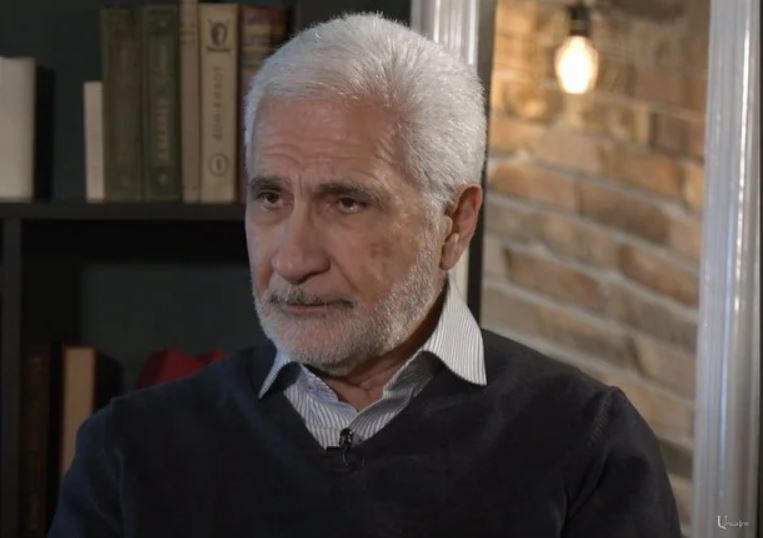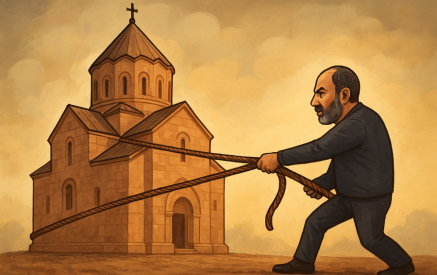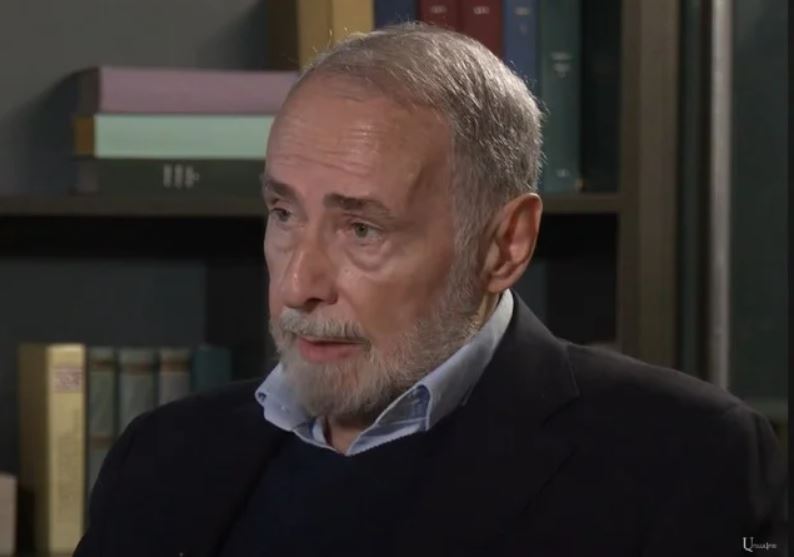Are the colors thickened when it is announced that Armenia-Diaspora relations are currently in crisis and there is a severe crisis of trust? Answering this question, Vahan Zanoyan, a member of the Expert Committee on Armenia-Diaspora Unity of the First Pan-Armenian Civil Conference ” The Future Armenian” said: “I am not sure to what extent Armenia-Diaspora relations are in crisis. The homeland is in crisis. The Diaspora is in trouble separately, and it is difficult to distinguish how relations cannot be in crisis in this case. But I want to say something important about this issue: let’s forget about uniting the Diaspora in the broadest sense, but the main force connecting the Diaspora to Armenia and bringing it to the homeland should be the Armenian Statehood and the Armenian State and the governments. Some people may become offended, but I must honestly say that in the 30 years since independence, although there have been many efforts (most of them formal) by the Republic of Armenia, the Armenian government has never taken the involvement of the Diaspora seriously, in my opinion.”
Reference was made to the programs “Ari Tun” (“Step Toward Home”), “i Gorts,” and “Towards Hayk”; do they strengthen the connection of young people with Armenia, and what does the experience show? In response to the question, Ashot Voskanyan, a member of the Expert Committee on Armenia-Diaspora Unity of the first Pan-Armenian Civil Conference ” The Future Armenian,” said: “Of course, they strengthen it. But Vahan does not doubt that they are strengthening. He says something else, and I am agree: they are really few.” “Of course, I don’t underestimate those efforts,” added Vahan Zanoyan. “But if you consider the overall capabilities of the Diaspora, the total capabilities, experience, human power, financial power, global connections of the Diaspora… if you consider all that, it is the smallest, one percent that is effectively used in Armenia.”
Many figures reproachfully mention that we have articles in the Constitution of Armenia that does not allow a dual-citizen Armenian to become a minister. However, is the representation of Diaspora Armenians in the government a signal of a positive experience that these articles should be changed? And we had had such an experience since 1993 when Sepuh Tashjian held the position of Minister of State (by the way, except Raffi Hovhannisian, as a rule, those Diaspora Armenians left Armenia after the end of their tenure).
Read also
In response to the question, Vahan Zanoyan mentioned that three Diaspora Armenians held positions in Armenia. “But, in my opinion, there should have been 300 such cases in 30 years.” He also suggested taking into account the following circumstance. “The first years immediately after independence were not easy. Even Diaspora Armenians will understand Armenia directly: what kind of system was it, where did it come from, how did we find ourselves in this system, and how should we behave? It was much more difficult than it is today. There is enough experience in 30 years; the Diaspora has started to understand Armenia a little.” Based on his own experience, Vahan Zanoyan asserted: “There are deliberate bans; no government wanted to include the Diaspora at a high level because they didn’t want them to interfere in their business… Are you going to give advice? Do it and then go. Are you going to give money? Then give it and go.”
To the question of whether he disagrees that the country’s policy should be decided by the people who live on that land, pay taxes, and serve in the army, he answered: “100 percent. I am against every Armenian non-citizen of Armenia voting, electing, or being elected here… But that does not mean that an RA citizen who left and got another citizenship but then returned, works here, should serve in the army, pays taxes, but cannot be a minister, a judge, why?”
Ashot Voskanyan continued: “Fundamentally, I don’t see any great difficulty in changing 1-2 articles so that a Diaspora Armenian can become a minister – it is natural, it should be done. But at the same time, it is understandable that this failure to come and integrate is, in many cases, connected with political and ideological disagreements, which are natural and exist everywhere. No government wants people who are not the owners of their views to come and do something else here on their behalf. And the main figures that we all know and who came worked and are not here today; the fact is that many of them left because of political pressure and great political disagreements. He emphasized that those young people outside today and “whose hearts still ache for Armenia” should be involved as much as possible. It may be late after ten years.”
The entire conversation is in the video
Anna ISRAYELYAN
























































